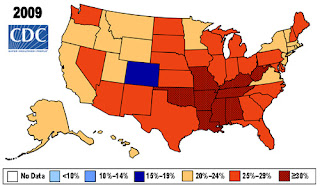Some people think we live in a random universe, nothing but probability–a chance for this, and a chance for that. Some also think that health is random. Some people get sick, others do not. A roll of the dice for the most part. In fact, that’s what insurance is for: you purchase insurance hoping that you won’t get sick, but if by chance you do…
This approach to health, however, is foolish. We know that health and wellness are not random. What we do regularly determines whether we will experience health or not. It certainly is about probability when it comes to our health. The more we engage in healthy behaviors, the greater the probability we will remain healthy; and the more we engage in unhealthy behaviors, the greater the probability we will develop illness or disease. True, it’s never one hundred percent, as Jim Fixx showed that any fitness enthusiast can drop dead from a heart attack, while George Burns smoked cigars into his 100s. Go figure.
But what we do is still the most important determinant of health. Take a recent study that now shows 50% of all cancers are preventable. That’s right folks! And the big C is the second leading cause of death following another preventable condition…you got it–heart disease.
The numbers one and two killers in the U.S. are preventable. Smoking is blamed for 33% of all cancers, while 75% of lung cancers are due to smoking. Shoot, I used to smoke, I get it. I liked smoking, heck yeah…but I quit. Simple as that. My cancer risk went way down. Probabilities.
 Here’s another: Obesity is responsible for 20% of all cancers in the U.S. Throw in booze, pollution, poor diet, prescription drugs by the pounds… Why, heck…of course cancer is the number two killer–people are poisoning themselves.
Here’s another: Obesity is responsible for 20% of all cancers in the U.S. Throw in booze, pollution, poor diet, prescription drugs by the pounds… Why, heck…of course cancer is the number two killer–people are poisoning themselves.
And the political perspective is that these people just don’t have enough resources. State smoking cessation programs are being financially undercut, and people don’t have money, or the insurance, to be treated once they get sick. Random.
But by quitting smoking, eating well, minimizing junk food (like sodas), and exercising regularly actually helps lessen the risk of heart disease and cancer. Not random.
Duh.


















